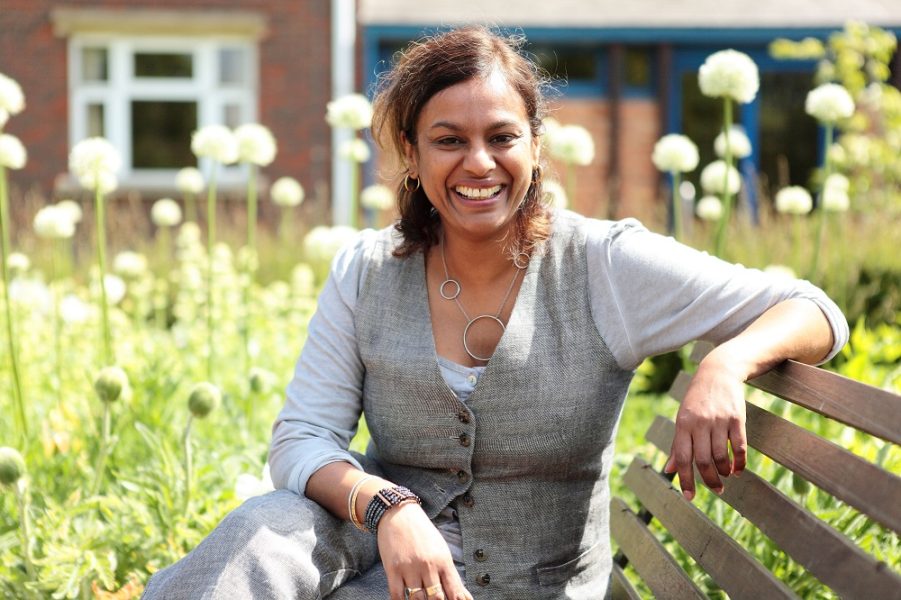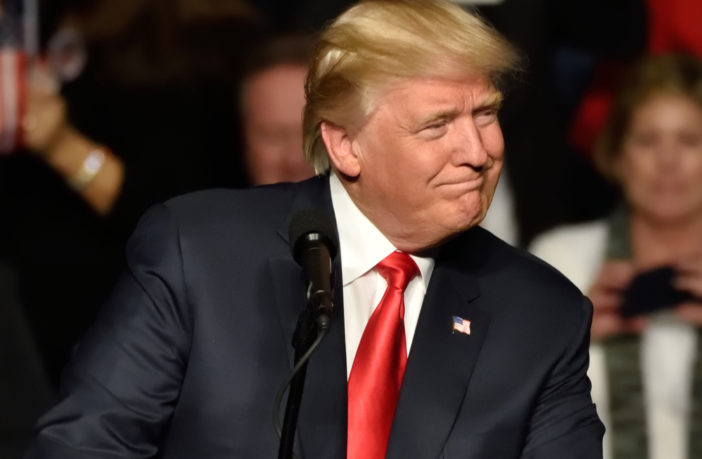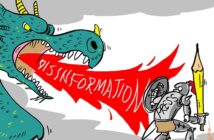As the world awaits the outcome of the US election Dr Kesi Mahendran, a social and political psychologist at the OU, sheds new light on this crucially important vote and specifically its headline player Donald Trump. Her team’s research focuses on the public conversation between leaders and their citizens and the rise of populism. Yet she also considers whether the current pandemic is changing the narrative and influencing society’s view of populist leaders.
You can tune in to hear more from Dr Mahendran on a special programme tonight and repeated tomorrow debating the issues on BBC Radio Wales.
Dr Kesi Mahendran, a political psychologist who works on the dialogue between citizens and their governments discusses the rise in populist leaders on the eve of US Elections results.
Claims to “embody the people”
She sets the rise of personality politics in the context of our increasing use of what is termed direct democracy such as referenda and social media.
Dr Mahendran examines the changing role for politicians engaged in representative democracy. Populist leaders such as Donald Trump and Boris Johnson, she explains, have risen in this new direct democracy to claim that they embody the people rather represent the people.
Their argutainment and anti-politics fascinates the popular imagination yet their techniques can lead citizens to engage in antagonistic reasoning and conflictual thinking.

Within Dr Mahendran’s Public Dialogue Psychology Collaboratory, her team (Anthony English and Sue Nieland) are working with her on how populist leaders use two techniques:
vertical populism making a distinction between the people and an elite establishment and
horizontal populism making a distinction between the “true” people and the outsiders – very often immigrants or religious groups.
Dr Mahendran asks:
“If populist leaders are deliberately polarising, can the reasonable public get one step ahead of their strategies? Research within the team show several promising routes.
“First we need to replace our view of the public as holding strong political opinions in favour of the idea of citizens having a variety of political selves.
“Citizens we find have greater plasticity. We should think of the public in terms of a capacity for public dialogue rather than public opinion.
“We find four positions are vital – the autobiographical self, the citizen self, the voter self and the consumer self. Second a need to examine, using pairing techniques, how people use this plasticity of selves to sustain dialogue when they are in disagreement. “
Dr Mahendran says the arrival of the pandemic has led to the public becoming increasingly disenchanted with the “us and them” techniques used by populist leaders.
“The heightened psychological uncertainties created by the pandemic has revealed the value of less narcissistic more moderate leaders working through dialogue and representative democracy.
“The timing of the US elections could be a significant political event that may just call time on the divisive anti-politics techniques of populist leaders.“
Listen to Dr Mahendran and others debate these issues with presenter Dr Anita Shaw on the programme Vote for Me: The Science of Personality Politics on BBC Radio Wales.



